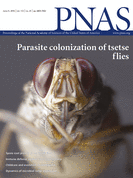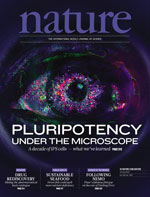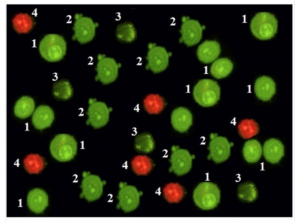 We’re so inundated with story ideas and projects, we need some extra help! Specifically, we’re looking for a part-time editor who can be available during specific hours when we need an extra pair of hands.
We’re so inundated with story ideas and projects, we need some extra help! Specifically, we’re looking for a part-time editor who can be available during specific hours when we need an extra pair of hands.
During that time, you would review tips and write up breaking stories if they arise, as well as edit guest posts and other stories we couldn’t get to during the day. We’re specifically looking for someone who can be available for a fixed block of time, for a total of 12 hours per week.
The specific hours are Continue reading Join our team: Retraction Watch needs a part-time editor




 There’s
There’s 

 JAMA has decided not to retract an article about
JAMA has decided not to retract an article about 
